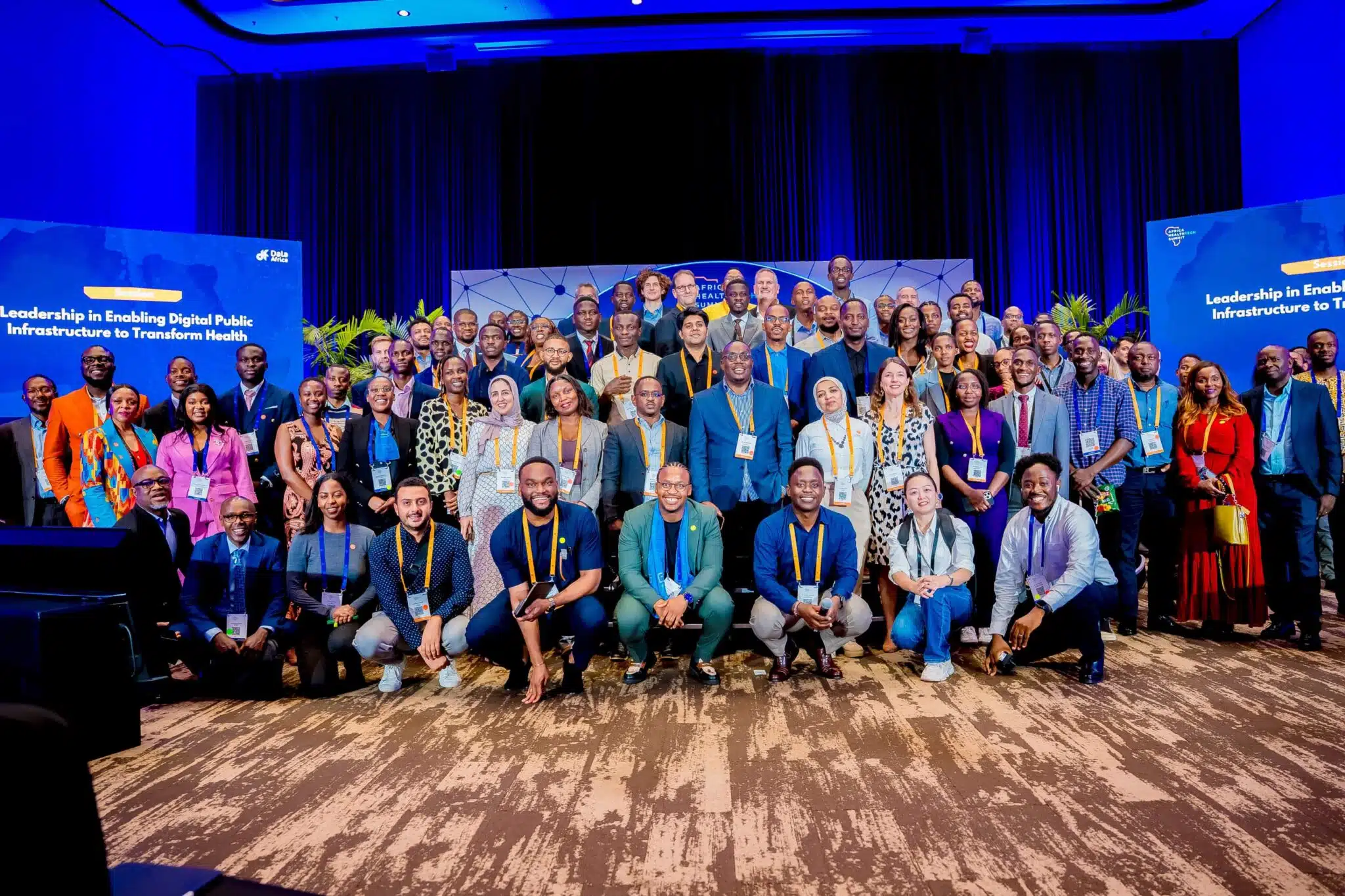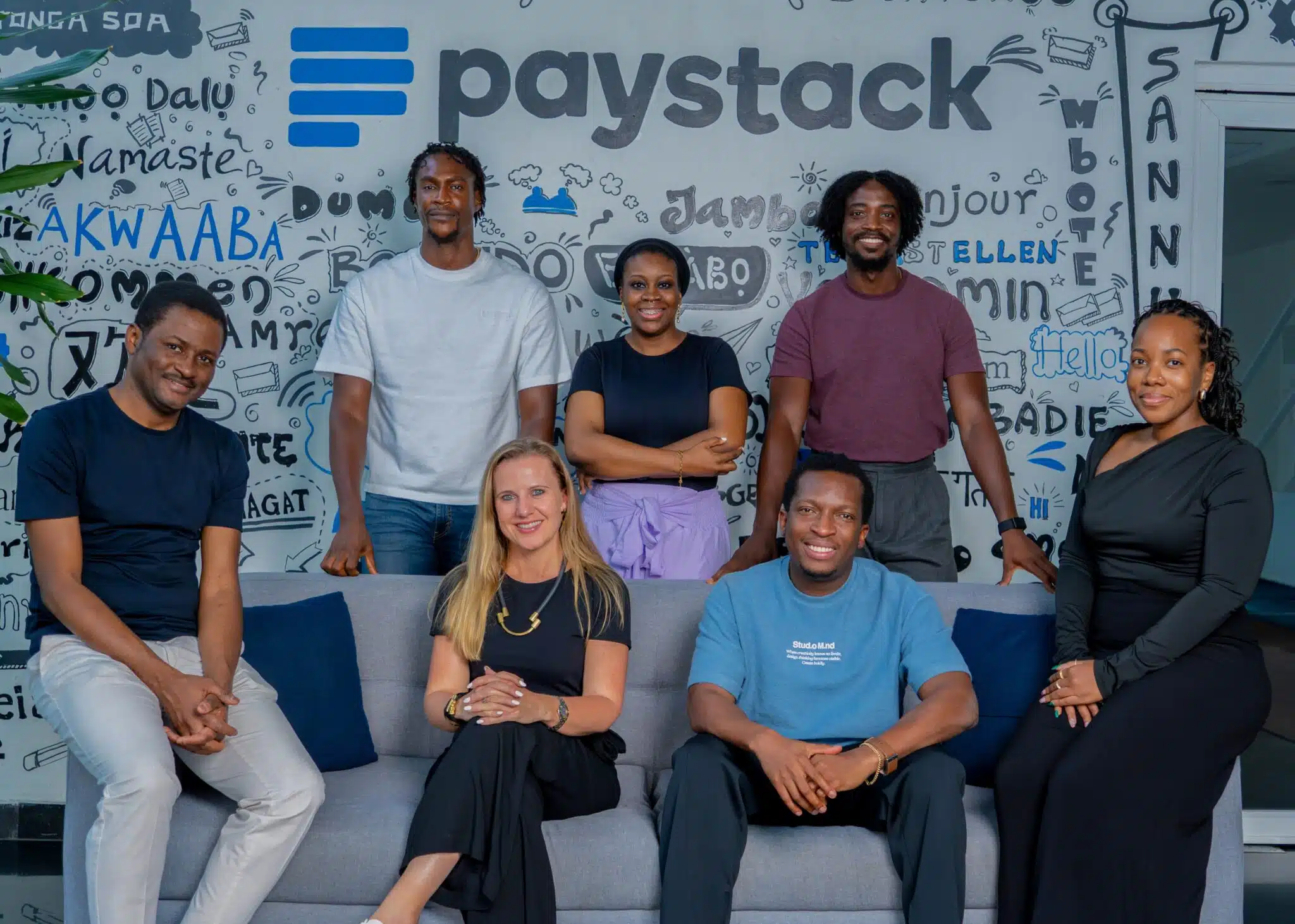Venture capital (VC) funding in Africa has seen remarkable surges in recent years, growing by 1,597% from $277 million in 2015 to $4.7 billion in 2023. In that period, the industry has multiplied in ticket sizes, local VC participation, debt funding, Africa-focused funds, and many other promising indexes.
However, amidst this impressive trajectory, a concerning trend remains: African female-founded ventures continue to attract less financing, at only 2.3% of total funding as of 2024. In fact, for every $1 raised by start-ups in Africa in 2023, 75¢ went to all male founding teams, 12¢ to solo male founders, 11¢ to gender-diverse founding teams, 1¢ to solo female founders, and 1¢ to all female founding teams.
Africa has the highest proportion (25.9%) of women entrepreneurs in the world. Yet, female-founded businesses continue to be overlooked, under-represented, and unsupported. Worse still, while funding in the technology industry has skyrocketed in the past decade, capital raised by female-led ventures in Africa continues to decline. Why? Is gender bias the only barrier? Well, it’s the most pronounced.
For starters, there is a lack of female representation in leadership within the VC space. In the U.S., where approximately 40% of Africa’s tech funding comes from, fewer than 5% of all VC-funded firms have women on their executive teams, and only 2.7% have a female CEO. On the continent, just 6.1% of angel investors backing African startups between January 2022 and April 2023 were female.
Fewer women in decision-making positions at the investment level equals less diversity in thinking and less likelihood to advocate for or promote unconventional businesses at the earliest and most vulnerable pre-seed stages. Further, most female-founded businesses operate in sectors that traditionally attract less investment (e.g., edtech and healthcare).
But even in cases where female founders operate in high-interest and high-growth sectors, they receive less funding, likely due to compounded biases towards female-led businesses that are considered riskier, less aggressive, and less catalytic.
Outside of capital, the entrepreneurial support required for businesses to accelerate is majorly lacking for female founders who lack access to such networks (e.g., introductions, sponsorships, etc.). With fewer female founders operating and receiving comparative funding in the space, there are fewer instances and examples of what success could look like. Additionally, such trends discourage and deter female entrepreneurs from entering the sector and ultimately introducing their innovations.
The lack of support for local female entrepreneurs is significantly impacting Africa’s technology industry. By restricting support and limiting women’s contributions to innovation, the ecosystem misses out on valuable opportunities for groundbreaking solutions.
Being fully aware of these systemic barriers is the first step towards overcoming them. Numerous reports have emphasised the benefits of diverse teams, including different approaches to problem-solving and creative thinking.
Women have been proven to play a crucial role in shaping consumer behaviour. They account for 70% – 80% of all consumer purchases, but by restricting the involvement of women in product development and decision-making, companies lose the ability to tap into this critical market, respond to shifting needs and preferences, and cater to a broader customer base.
The contributions of female-owned and led businesses are essential for empowering women and their communities while driving economic development across Africa.
Take, for instance, Marie-Reine Seshie, the Founder and CEO of Kola Market. As a full-stack B2B eCommerce platform helping informal retailers scale through sales and credit intelligence, Kola Market supports women who make up the majority of informal retailers while also accounting for 95% of the retail industry on the continent, serving more than 1.2 billion people.
Another notable entrepreneur is Lesley Mbogo, Co-founder and CEO of GoBeba, a digital retail platform addressing women’s needs by offering a convenient and efficient way to purchase bulky household essentials through a network of micro-warehouses.
While supporting female entrepreneurs aligns with global initiatives focused on promoting gender equality and women’s empowerment, there’s often a gap between words and actions. For more capital to be channelled towards local female entrepreneurs, there is a need for more inclusivity and participation by women in the venture capital industry.
For instance, helping female founders navigate the complex investment/business landscape by providing more intentional and comprehensive access to training and resources (e.g. investment readiness, legal and governance, fundraising, etc) can go a long way in enabling female-founded or led businesses to equitably compete and succeed.
Combined with partnerships with female-focused accelerators, incubators, and programs like Rising Tide Africa, Greenhouse Labs, and Sheba, VCs can take more progressive steps towards accelerating gender action as a whole.
As Africa continues to strive for progress and prosperity, empowering female entrepreneurs must be at the forefront of our efforts. VCs must recognise the immense potential of Africa’s female founders and make deliberate and concerted strides to prioritise and invest in their success.
Akinyi Wavinya is a startup specialist from Nairobi, Kenya, with seven years of experience in operations, capacity building, growth, and strategy. From ideation to building and scaling, she has supported early-stage VCs to move from zero to one.
Cutting across sectors, her work includes prototyping and setting up a logistics company, scaling and productising a marketplace, supporting an acquisition, and expanding an e-commerce platform to a new market.
She currently serves as the head of portfolio success at Madica.












